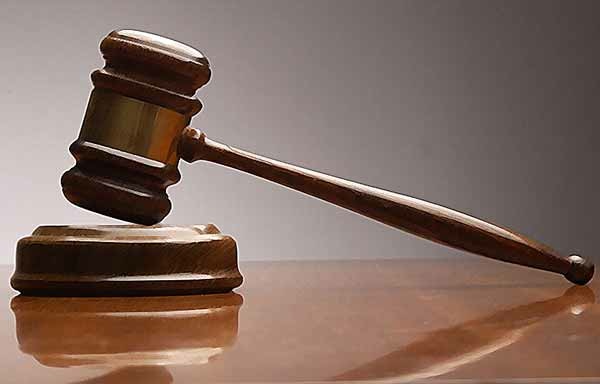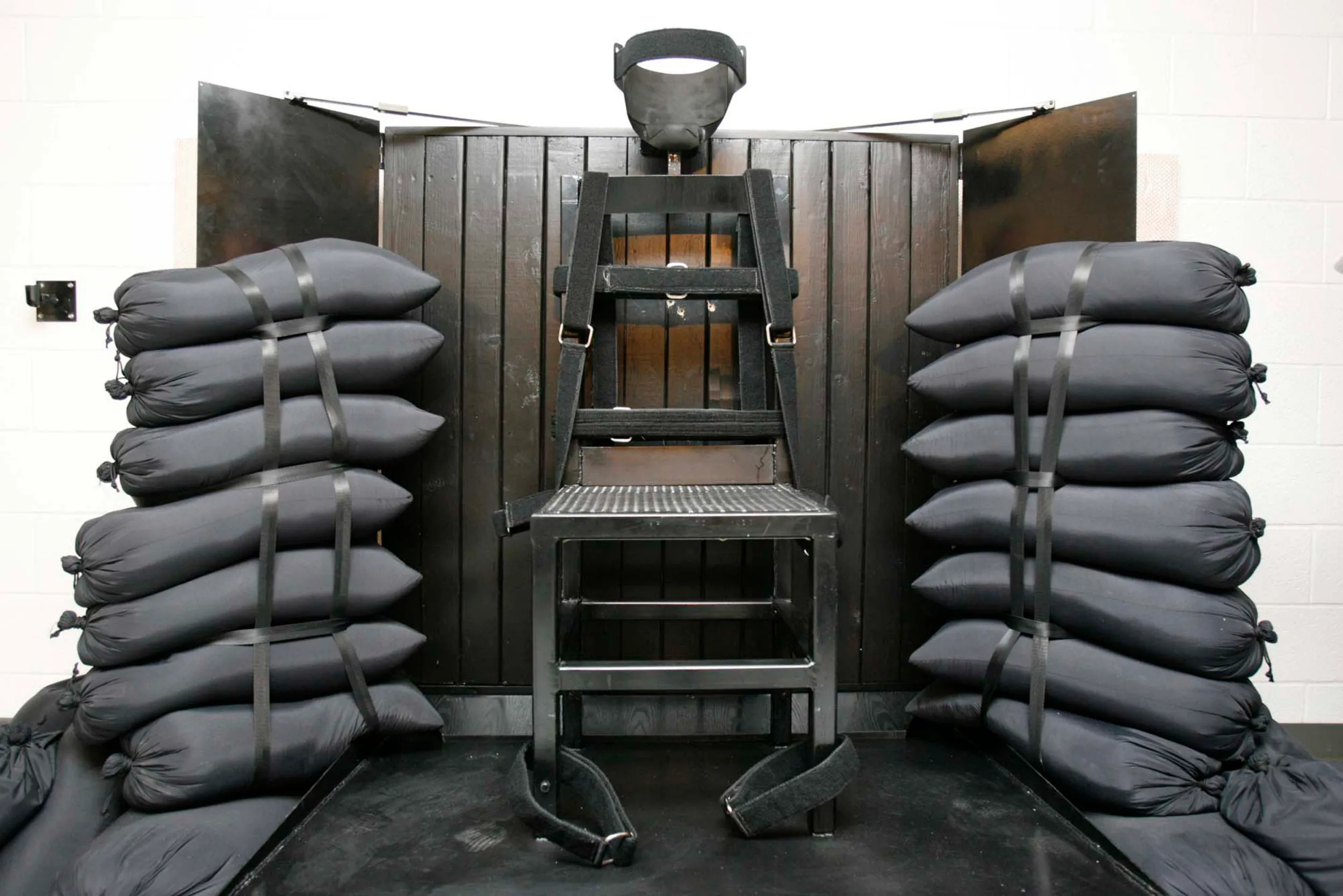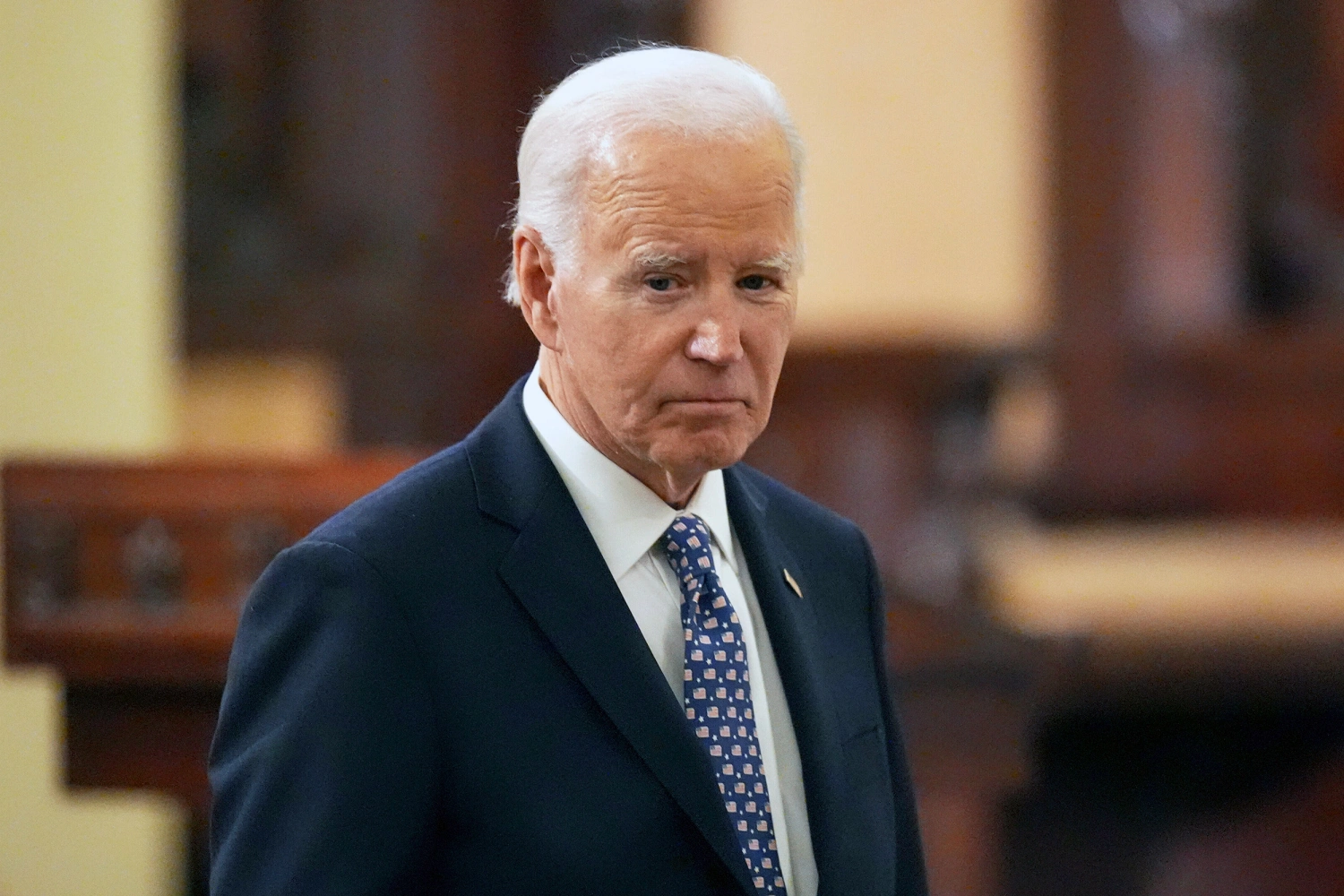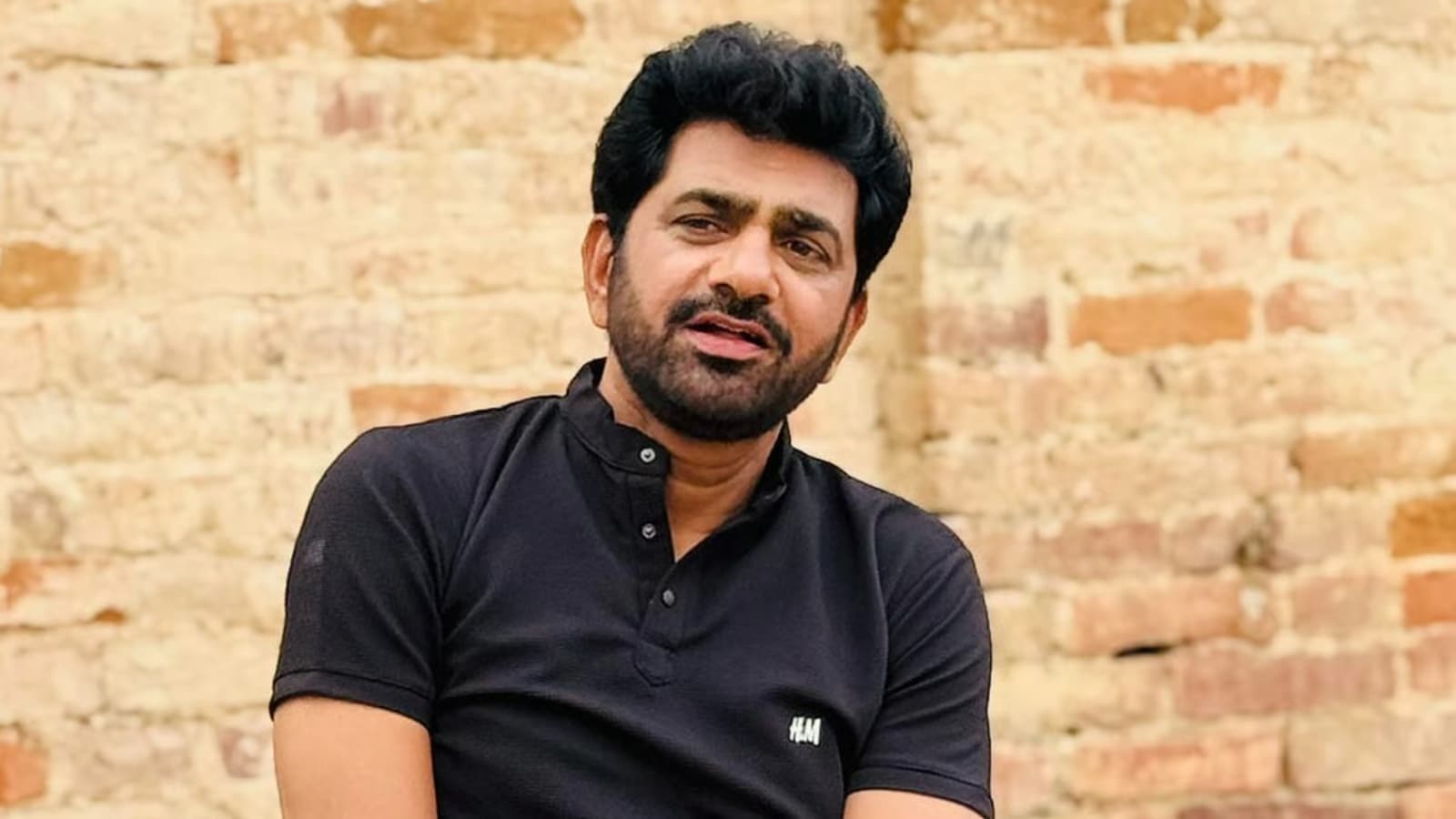By Nana Yaw Prekoh
Copyright ghanaguardian

An Open Letter to the Constitutional Review Committee
The removal of Ghana’s Chief Justice is not just a headline—it is a national alarm bell. It exposes a systemic weakness in our democracy. Indeed, Ghana now stands at crossroads to reform the judiciary before its credibility and the rule of law itself erodes irreversibly.
True, Article 146 of the 1992 Constitution sets out the procedure for the removal of superior court judges on grounds of stated misbehaviour or infirmity.[1] Of course, the application of Article 146 is not a novelty in Ghana’s jurisprudence, but its application to a sitting Chief Justice has compelled every student of constitutional law to pay a solicitous attention.
First, what constitutes stated misbehaviour within the linguistic construction of Article 146 of the Constitution? Who determines it? Is it the Executive President or a politically appointed committee? Or is it, as it ought to be, the Constitution itself that must clearly define what constitutes misbehaviour?
Second, the investigative committee established under Article 146 to inquire into allegations against a Chief Justice is appointed by the President.[2] This alone presents a serious concern.
A judiciary that can be disciplined through committees appointed by the very Executive it is meant to check cannot be said to be meaningfully independent. The current arrangement, therefore, places judicial independence at the mercy of executive discretion- an arrangement that undermines the balance of powers at the heart of constitutional democracy.
This concern is not theoretical. The application of Article 146 in the removal of the Chief Justice has raised alarm among both lawyers and citizens. Justice Sophia Akuffo, herself a former Chief Justice, publicly described the removal as an attack on judicial independence.[3] Some may argue that she spoke merely out of loyalty to a colleague.
Yet such a dismissal misses the point: when a retired Chief Justice, who understands the inner workings of the judiciary better than most, feels compelled to intervene, it is not a matter of personal solidarity. It is an institutional warning. Her voice underscores the gravity of the moment: Ghana’s democracy is at risk if judicial independence is allowed to erode unchecked.
It is also important to acknowledge perspectives within the legal community that defend the lawfulness of the removal. Prominent and respected legal practitioner Thaddeus Sory has observed that, to the extent the removal of Chief Justice Gertrude Araba Torkornoo was carried out in accordance with Article 146 of the Constitution, it cannot be said to have breached the law. As he rightly noted, while judicial independence is a cornerstone of Ghana’s Constitution, it must not be misconstrued as immunity from accountability.[4]. He further argued that the fact that it is the President who establishes a committee under Article 146(6) does not, in itself, necessarily imply executive interference in the affairs of the judiciary.[5]. This position is agreeable insofar as it affirms that accountability and independence are not mutually exclusive.
Yet, respectfully, it is precisely here that the concern arises. The doctrine of separation of powers requires not only that accountability mechanisms exist, but also that they are designed in a manner that insulates the judiciary from undue influence by the very Executive it is meant to check. A removal process initiated and largely controlled by the Executive President risks undermining that delicate balance, even if carried out strictly in accordance with constitutional text.
It must be acknowledged that no judiciary in the world is absolutely independent. In the United States, Supreme Court judges are nominated by the President and confirmed by the Senate;[6]. In Canada, the Prime Minister plays a role in judicial appointments;[7] and in the United Kingdom, political oversight is also present.[8]
Ghana is not unique in esting the executive with some influence. Moreover, Article 146 does not operate in a vacuum: petitions are first considered by the Council of State before being referred to the President,[9] and any committee set up includes senior and prominent lawyers of the Executive branch who are capable of interpreting stated misbehaviour within the context of constitutional, ethical, and criminal norms.
Yet these safeguards, while real, do not fully cure the structural imbalance. The central concern remains that the Executive President retains decisive control over the initiation and composition of the process. The involvement of political actors at multiple stages still creates an appearance—and often a reality—of political interference. Judicial independence need not be absolute to be meaningful, but it must be sufficiently robust to insulate the judiciary from partisan manipulation. On this measure, Ghana’s system remains deficient.
The challenge lies partly in the design of the 1992 Constitution itself. Drafted in the early 1990s during Ghana’s transition from military to civilian rule, it concentrated significant powers in the Executive.[10]. While it achieved stability, it left insufficient safeguards for the independence of the judiciary. Over time, this imbalance has created conditions where the judiciary remains vulnerable to political manipulation. If constitutional reform is to mean anything, it must address this imbalance by ring-fencing the judiciary from executive overreach.
Comparative experience offers important lessons. In Canada, for example, judicial independence is safeguarded not only through constitutional principles but also through institutional practices that minimize executive dominance. Judges are appointed by the executive, but their security of tenure and the clearly defined grounds for removal ensure that no government can easily bend the judiciary to its will.[11]
The Canadian Supreme Court in Valente v The Queen affirmed that judicial independence encompasses both security of tenure and institutional impartiality.[12]. Ghana, by contrast, leaves its highest judges exposed to the possibility of removal through processes that are ultimately controlled by the very branch of government they are meant to hold accountable.
As the Constitutional Review Committee undertakes its work, this issue must be placed at the forefront. The credibility of Ghana’s judiciary-and with it, the health of our democracy- depends on ensuring that the process for disciplining judges is insulated from political interference.
That means redefining stated misbehaviour with precision, restructuring the process for removal so that it is not initiated or controlled by the Executive, and strengthening safeguards that guarantee judicial independence in both fact and perception.
Ghana has long been celebrated as a model of constitutional democracy in Africa. But models can erode from within. The removal of a Chief Justice under a cloud of political controversy is not just about one individual; it is about the survival of an independent judiciary. If we fail to act, we risk normalizing executive intrusion into the courts. If we succeed, however, we will strengthen the rule of law for generations to come.
The choice before us is clear: to remain silent and watch the slow corrosion of judicial independence, or to reform boldly and secure the future of Ghana’s democracy.
Respectfully submitted,
Seth Kwame Awuku
Takoradi, Ghana
[1]: Constitution of the Republic of Ghana, 1992, art 146.
[2]: ibid, art 146(5).
[3]: Citi Newsroom, ‘Sophia Akuffo: Removal of Chief Justice an Attack on Judicial Independence’ (Citi TV, Accra, 2023).
[4]: Thaddeus Sory, Ghanaweb Accra (2025).
[6]: US Constitution, Article II, Section 2, Clause 2 (Appointments Clause).
[7]: Constitution Act, 1867 (Canada), s 96; see also Department of Justice Canada, Judicial Appointments Process (Government of Canada, 2023).
[8]: Constitutional Reform Act 2005 (UK), Part 3, establishing the Judicial Appointments Commission.
[9]: Constitution of the Republic of Ghana, 1992, art 146(3)–(4).
[10]: H Kwasi Prempeh, ‘Presidential Power in Comparative Perspective: The Puzzling Persistence of Imperial Presidency in Post-Authoritarian Africa’ (2008) 35 Hastings Const LQ 761.
[11]: Reference re Remuneration of Judges of the Provincial Court of Prince Edward Island [1997] 3 SCR 3.
[12]: Valente v The Queen [1985] 2 SCR 673.



